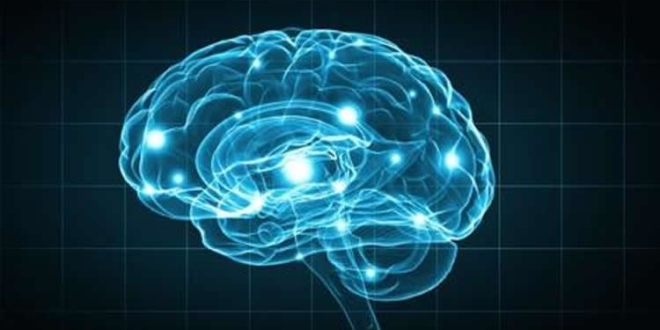Neurodegenerative diseases mainly affect neurons in the brain. When damaged, neurons don’t renew themselves, and therefore the damage is permanent. These diseases affect the brain and the spinal cord which are the main parts of the nervous system.
Neurodegenerative diseases also known as Degenerative Nerve Diseases include Parkinson’s, Motor Neuron Disease, Alzheimer’s, Prion Disease, Huntington’s disease to mention a few. There are a few tests used in the diagnosis of neurodegenerative diseases. These include:
The Electromyography ( EMG)
An Electromyography can tell any muscle or nerve dysfunction or any other problems with the transmission of nerve to muscle signals. It works by translating electrical signals from your motor sensors into graphs, numbers or sounds by using tiny devices known as electrodes. There are two types of electrodes used during this procedure; the needle electrode and Surface EMG (SEMG).
Surface electrodes are placed on the skin while needle electrodes are put in the muscle. If you have symptoms like numbness, tingling, muscle cramping or muscles weakness, then an EMG is the recommended test.
The Somatosensory Evoked Potential (SSEP)
This test shows your electrical signals of sensation travelling to the spinal cord and brain from your body. The electrical signals prove that the nerves that connect to your spinal cord can receive and interpret information like temperature, pain, and touch.
The SSEP is only able to assess generalized nervous system disorders and should, therefore, be accompanied by other tests such as an NCV or an EMG. The SSEP test is used during intricate spine surgeries to keep an eye on the nervous system.
Computed Tomography
CT scans are used by doctors to take images of the body using X-rays. The CT scan takes several thin images of about one millimetre in different directions, which are later put together to reconstruct your body.
A specialist in diagnostic imaging then goes through the photos to determine what area of the body damaged. CT scans offer very detailed images of what your body constitutes of and is therefore very useful in the diagnosis process.
Angiography
An angiogram is used to detect any abnormalities in blood vessels such as bleeding, narrowing or blockage. It uses X-ray imaging together with contrast agents containing iodine that is added into the bloodstream using a catheter.
For instance, during angioplasty, the physician inflates a small balloon to widen narrowed arteries. Angiograms can also be done using am MRI or CT scan. To know more in detail about MRI and CT Scan one can click here and know where these tests can be used.
Treatment of these kinds of conditions can be very exclusive, but since most of them affect the nervous system, drugs have been repurposed in treating several degenerative nerve diseases. Diseases like Parkinson’s, Motor Neuron Disease, Alzheimer’s, Prion Disease and Huntington’s disease are all treated differently depending on the patient and how he/she responds to treatment. Most of the neurodegenerative diseases have no cure, but there are several treatments and clinical trials that have shown significant improvement in patients.
Strides Made To Curb the Diseases
Modern research, however, shows that support cells in the brain can be used to protect and heal damaged neurons. These cells known as astrocytes control metabolism in the brain and balance in composition. Astrocytes can protect neurons from further damage if they are pharmacologically targeted.
This could lead to the development of better neurodegenerative drugs that will potentially delay or prevent the loss of neurons, enhance brain function and slow down the process of motor or cognitive loss. Various institutions are putting in a lot of effort to understand and hopefully come up with effective methods of treatment for degenerative nerve diseases to help patients.
Craig Evans is a Founder & Author for Curious Vision







